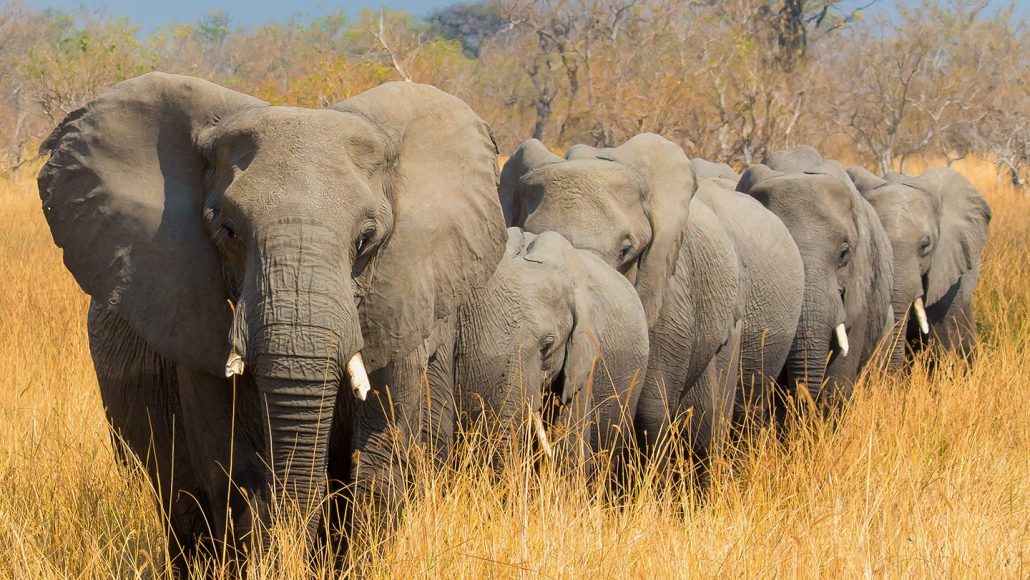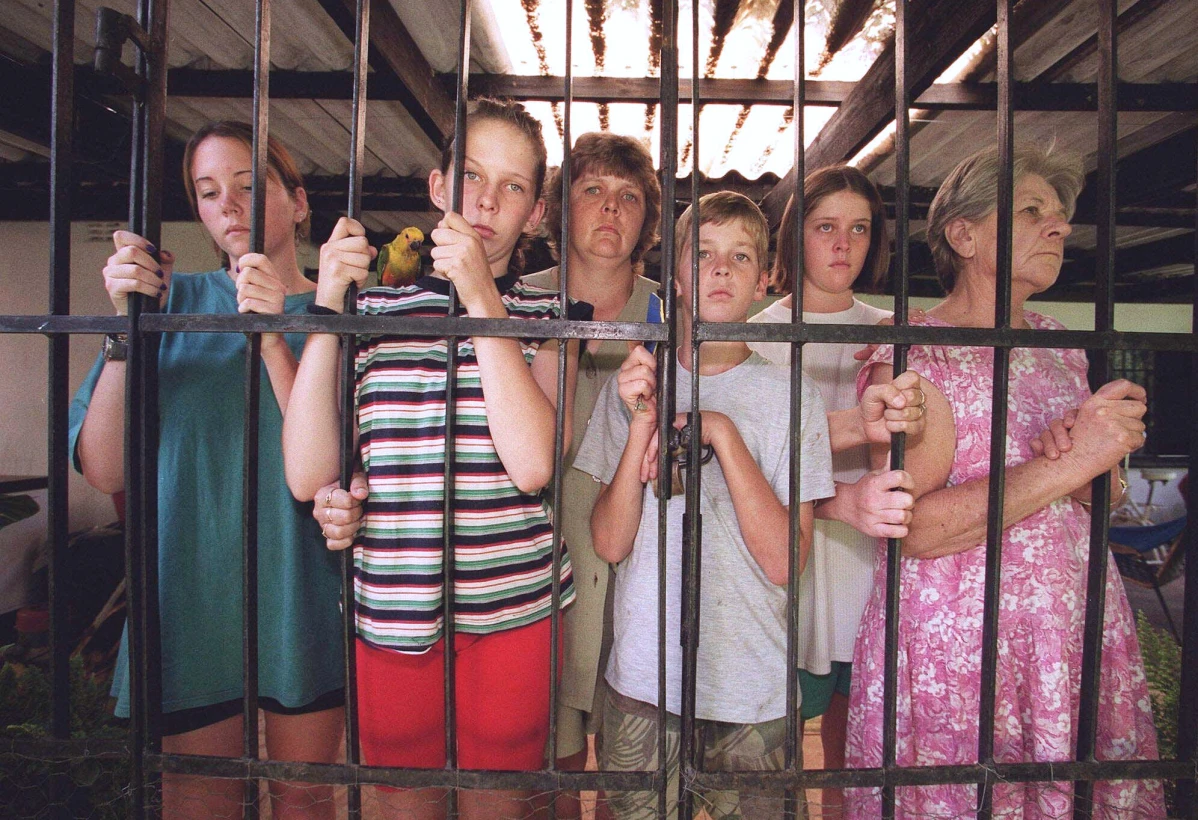HARARE – At least 100 elephants have died in Zimbabwe’s Hwange National Park due to climate-induced drought, the International Fund for Animal Welfare (IFAW) has said.
For decades, Zimbabwe’s rainy season was consistent from October to March but has become erratic in recent years, sometimes starting as late as December.
In a statement, IFAW landscape programme director Phillip Kuvawoga said elephants and other wildlife are dying in Zimbabwe, as an extended dry season has reduced once abundant water holes, to muddy puddles.
“Summer rains are five weeks late due to the ongoing El Niño phenomenon, as dozens of elephants have already died in Hwange National Park, the county’s largest protected area home to about 45,000 elephants.
“At least 100 elephants are already reported dead due to lack of water.
“Elephants and other wildlife species will face a crisis if the rains don’t come soon. In 2019, over 200 elephants died in Zimbabwe due to severe drought; this phenomenon is recurring,” he said.
Zimbabwe’s parks agency has intervened to ease the water problem with 100 solar-powered boreholes to pump underground water into pools for animals to drink.
But with so much surface water drying up, animals are still forced to walk longer distances, sometimes across national borders, in search of food and water.
“Park authorities say it isn’t enough and no match for extreme temperatures drying up existing waterholes, forcing wildlife to walk long distances searching for food and water.
“Water-dependent mammals like elephants are among the most affected,” he said.
News of the disaster comes during COP28, where global leaders gather to determine ambition and responsibilities and identify and assess climate measures at the global climate change conference in Dubai.
Kuvawoga said IFAW’s agenda at the ongoing COP28 advocates wildlife conservation as a nature-based solution to tackling climate change.
“Wild animals protect the carbon already stored in nature, prevent it from being released into the atmosphere, and help nature soak up and store even more carbon,” he said.
The devastating impact of climate change on wildlife and humans calls for an integrated and holistic approach to support climate-resilient landscapes and communities.
“The anticipated deaths of elephants and other species, such as we are seeing in Zimbabwe right now, must be seen as a symptom of deep-seated and complex challenges affecting the region’s natural resources conservation, aggravated by climate change,” he said.
















